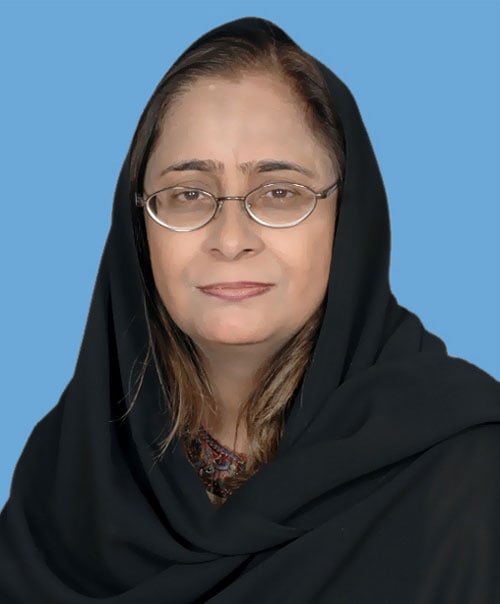Minister for Health and Population Welfare, Sindh, Dr Azra Fazal Pechuho, and the Sindh Health Department took notice of incidents of Dengue and other Vector Borne Diseases (VBDs) and issued directives for the DHOs across the province as early as May and June.
Dr Azra Fazal Pechuho stated that because monsoon season would have a significant effect on incidents of vector borne diseases, measures must be taken beforehand to manage the situation preemptively. It is advised to pay special attention and be vigilant so that there is no flare up of malaria, dengue and other vector borne diseases in all districts.
In this context all district health officers (DHOs) are advised to please take necessary measures in hot spot localities. Contingency plans have been drafted from all districts of the province and these include; implementation of Annual Dengue Activities Calender, formation of UC Field Squads,identification of Hot spots, breeding sites Assessment Surveys for Identification of breeding sites.
The officials instructed for enlisting potential Breeding Sites across the province (Indoor and Outdoor),tagging of positive households, availability of Insecticidal Chemicals, functionalization of Spray and fogging machines, availability of vehicles to ensure that these measures take place and for the treatment and management of VBDs, launching of Sweeping Campaign to eliminate breeding sites in Hotspot areas of the district from July 2022 onwards.
The house keeping (Installation of protective nets and elimination of stagnant water), adulticide (killing of adult mosquitoes) activities by use of Indoor Residual Spray, Peri Focal fogging in transmission season, adulticide activities by use of space spray, inspection of under constructions building for vector control activities, inspection at nurseries and parks for vector control measures, environmental Management, Source reduction by elimination of mosquito sites, awareness campaign through newspapers, electronic media, social media, billboards, banners, posters and pamphlets.
Awareness campaign by arranging walks, sessions in schools, colleges, institutes and universities through HEO, LHWs and community social mobilizers. Awareness through seminars, meetings and conferences, establishment of Dengue Special Isolation Wards in Hospitals, availability of Dengue Diagnostic Kits at hospitals from their own resources – DGHSS-VBD will supplement at demand. There are a total of 3913 spray pumps across the province that will be utilised to spray the areas where there is a hotspot of VBD activity.
The highest number of spray pumps are in Dadu at 450, Mirpurkhas at 419, Sanghar 384, Tharparker 380, Khairpur 280, SH Benazirabad at 226. Tablets of Chloroquin (chlorine) of 250 mg each are also available throughout Sindh with 81000 in total and 230840 remaining in balance. A total of 252 rounds of fogging have been conducted in different hotspots across the province, 285 rounds of larviciding, and 1573 IRS rooms conducted.
It is the Sindh Health Departments aim to control Malaria, Dengue,Leishmaniasis & other Vector borne Diseases by ensuring equitable and universal access to effective, curative,curative and preventive services to all individuals who are at risk. Additionally, the objective of this contingency plan is to reduce Malaria/Dengue morbidity at least 75 % by 2025.










